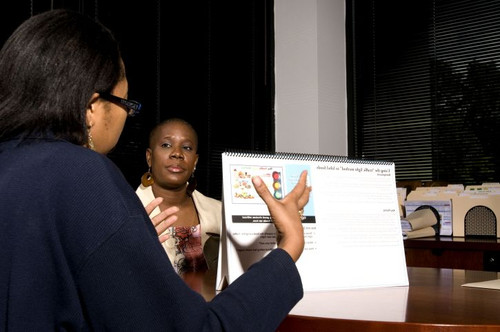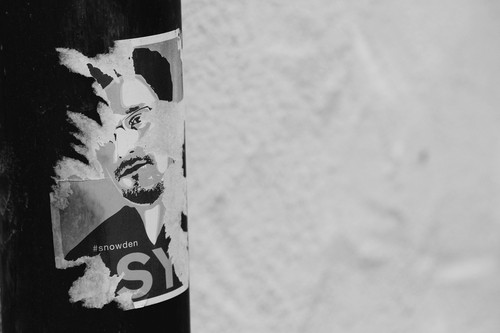Product Description
Abstract
Big Sport—international competitions such as the World Cup and the Olympic Games—galvanizes global society. Mega sporting events can drive economics, innovation, cooperation, goodwill, and social change. They can transform host cities and ignite reflection and debate. But in January 2015, when Boston secured the US bid for the 2024 Olympics, many citizens were not convinced that good things come to those who host.
This case study surveys the history and organization of the Olympic Games, the trend in using megaevents to spur development, and Brazil’s experience preparing for both the World Cup and the Summer Olympics. The case study also explains the technological and economic shift made possible by digital media and summarizes the Boston bid for the 2024 Games. Video interviews with leaders in the sports and technology industries, accessible via hyperlink in the case materials, also inform the debate. With this information, participants are prepared to deliberate the transformative potential of Big Sport as it relates to the bid for the 2024 Olympics. If Boston were to win the Olympic bid, would the city be destined for disaster? Might we harness the energy and innovation of Big Sport to advance society? If so, how? Participants will use Socratic questioning as a form of cross-examination, in order to persuade their peers on the opportunities and challenges facing host cities.
This Teacher's Manual aids instructors in the use of the case study Thinking Big: Bringing Big Sport's Energy and Innovation to Education. The Teacher's Manual consists of:
- Synopsis
- Positioning of the case study within a law school course
- Learning objectives
- Teaching plan
Summary Teaching Plan
The case study impresses upon participants the limitations of the current economic, development, and philosophical models behind Big Sport. The case is suitable for one or two class sessions, and was initially deliberated for an hour to an hour and a half.
Week 1
- Participants read and view case materials, including videos
- Decide when and how to deliberate
- Discuss group norms and principles of jury
Week 2
- Deliberation Option 1: Socratic Questioning Exercise
- Deliberation Option 2: Jury-Style Deliberation
- Appendix B: Post-Deliberation Survey
- Appendix C: Self-Reflection Survey
Learning Objectives
- Consider the highly discussable and debatable topic of the value of being an Olympic host
- Consider some of the issues developing countries have faced when hosting big sporting events
- Explore the possibilities for innovation and new media for big sport
Subjects Covered
Olympic Games, World Cup, legacy, host cities, economics, innovation, social entrepreneurship, deliberation, megaevents, Olympism, Big Sport, Olympic bid, sports marketing, technology, digital media, BRIC, BRICS, white elephants, risk assessment, development, social unrest, creativity, Boston2024
Setting
Geographic: Boston, Massachusetts; Brazil
Industry: Sports; Technology; Advertising/Marketing
Event Start Date: 2015
Accessibility
To obtain accessible versions of our products for use by those with disabilities, please contact the HLS Case Studies Program at hlscasestudies@law.harvard.edu or +1-617-496-1316.
Educator Materials
This teacher's manual is for review only. It contains a pdf file with the product listed above.
If you would like to purchase this case study, go to the case study product page. Please note that each purchase of this product entitles the purchaser to one download and use. If you need multiple copies, please purchase the number of copies you need. For more information, see Copying Your Case Study.
Additional Information
New MOOC Blends Multimedia Case Studies and Synchronous Online Participation
The Jury Is In: New Cases Deliberate Social Issues in Cyberspace
Making the Case for Unfacilitated Case Discussion: How Students Make Meaning of Case Studie






